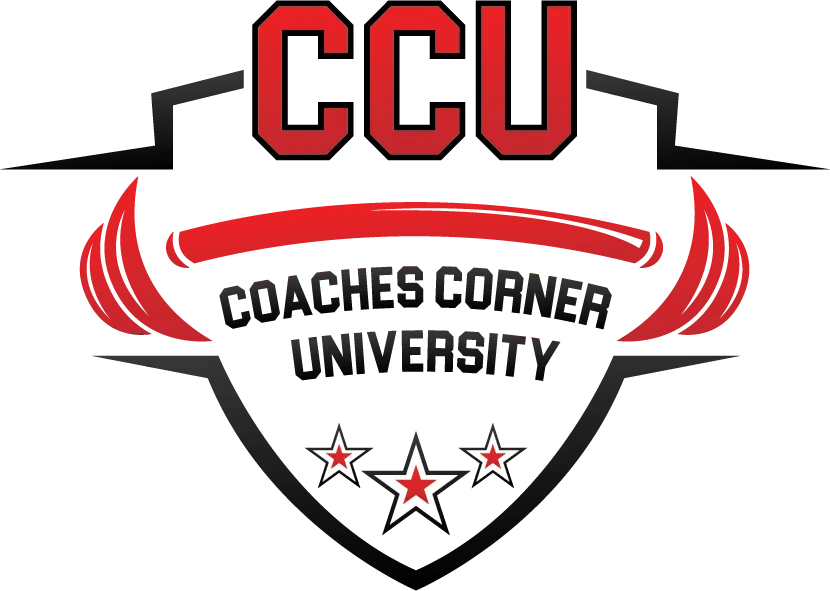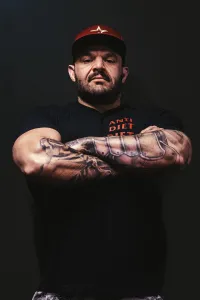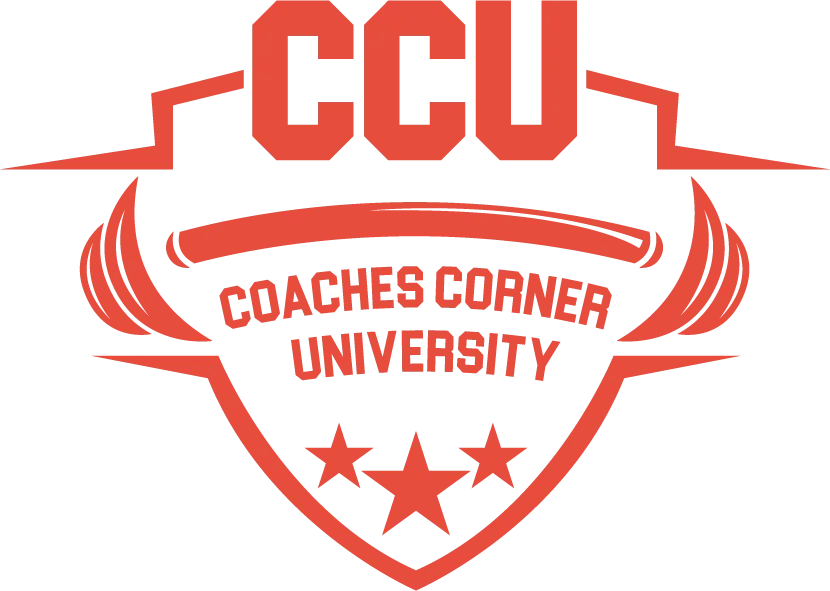Discover The Latest Blogs
Stay updated with Our Informative Blog Posts
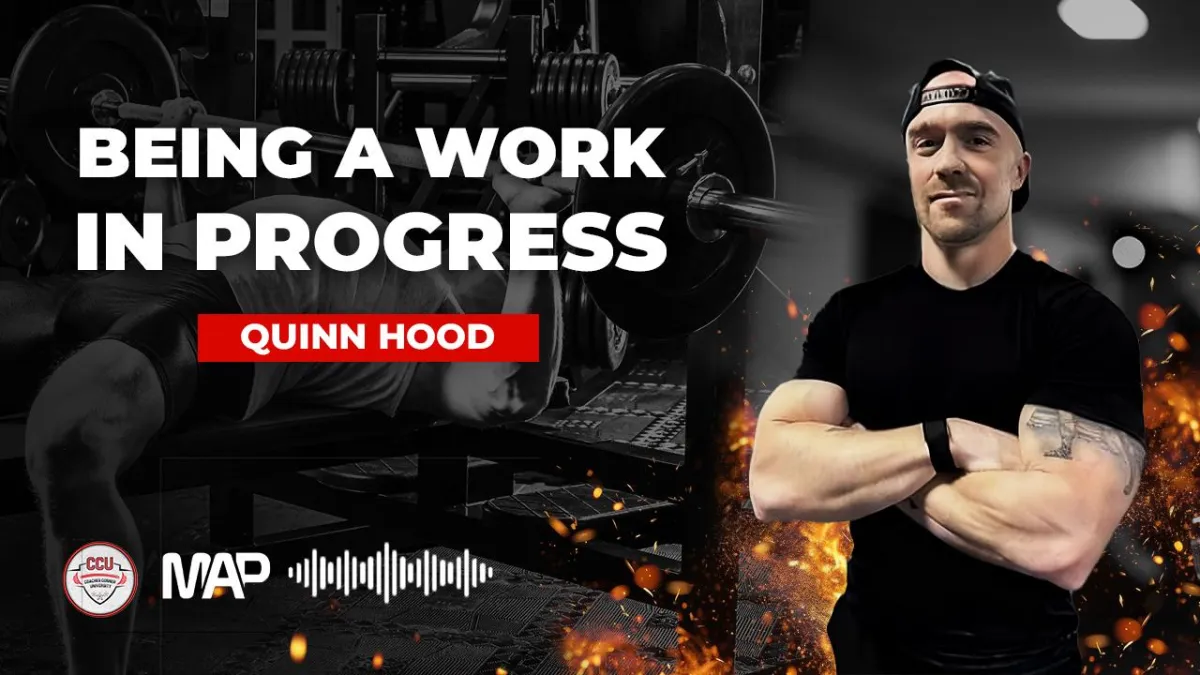
CCU Podcast - Quinn Hood: Being a Work In Progress
Being a Work In Progress
This week, I sat down with the owner and head coach of Fifth Power Fitness, Quinto (Quinn) Hood. Coach Quinn is a championship-level powerlifter and certified fitness coach dedicated to transforming busy professionals into their strongest, most resilient selves.
In the fitness industry, the journey from personal trainer to successful online coach is filled with valuable lessons that extend far beyond sets and reps. During my recent conversation with Quinn Hood, we explored his transition from corporate America to the fitness world and the profound insights he's gained along the way. What emerged was a powerful framework for approaching both training and coaching—one that mirrors Quinn's "Five Powers of Fitness": strength, muscle, nutrition, intention, and action.
For young coaches navigating the early stages of their careers, Quinn's journey offers a blueprint for sustainable growth and authentic client relationships. These insights aren't just theoretical concepts but battle-tested principles from someone who's made the leap from corporate security to entrepreneurial freedom in the fitness space.
Let's examine the ten key lessons that emerged from our discussion:
10 Keys to Success in Strength & Conditioning: Lessons from Quinn Hood
The Journey Is the Destination
Quinn emphasized that embracing the process rather than fixating on end goals creates sustainable progress. "Every time I hit a PR in the gym, I'm very proud of the work that was done to get there, but it's just like, now I'm on to the next thing. The reward was all the work that you put in to get there," he shared. Young coaches should focus on helping clients fall in love with the process rather than just the outcome.
Build Your Brand Around Personal Values
Quinn's "Fifth Power Fitness" concept reflects his own journey and values, incorporating strength, muscle, nutrition, intention, and action. This authentic approach resonates with clients because it's genuine. Young coaches should identify their own unique experiences and values to differentiate themselves in a crowded market.
Motivation Follows Action, Not Vice Versa
"Motivation is the result of action, not the other way around," Quinn explained. This powerful perspective shift helps clients understand that waiting for motivation before starting is backward—they must take action first, which then generates the motivation to continue. Young coaches should emphasize small, consistent actions over waiting for inspiration.
Meet Clients Where They Are
Quinn shared how he adjusted his coaching based on clients' starting points: "I'm not going to hand that person calories and macros and tell them to track everything. I'll ask what they're eating and make small changes." Understanding a client's current knowledge, habits, and capabilities is crucial before implementing complex programs.
Coaching is About Relationships, Not Just Knowledge
"You can tell people until they're blue in the face what to do, but unless you build that connection and find ways to help that person where they're at, it's not going to make a difference," Quinn noted. Technical knowledge is secondary to building trust and understanding each client's unique needs and motivations.
Be Honest About Trade-offs
Quinn emphasizes helping clients understand what they're willing to sacrifice for their goals. "One of the most important pieces of setting goals is thinking about what you're willing to sacrifice for this," he shared. Young coaches should facilitate honest conversations about the realistic costs of achieving different goals.
Create Systems Before Making Major Transitions
Before leaving his stable job, Quinn built his client base and reputation part-time. This methodical approach allowed him to test his coaching abilities and build confidence before taking the entrepreneurial leap. Young coaches should focus on building systems and testing their approach before making major career changes.
Use Personal Experience as a Coaching Tool
Quinn leverages his own journey with body dysmorphia and nutrition challenges to connect with clients emotionally: "I'm showing you the mental and emotional process that took me from that insecure little boy with body dysmorphia to this 33-year-old guy who is enjoying really being strong." Sharing your own struggles creates authentic connections with clients.
Focus on Behavior Change, Not Just Education
"Just education on nutrition is not enough. People's relationship with food and themselves has so much more to do with their nutrition than calories, macros, anything I can give you," Quinn explained. Young coaches must develop skills in behavior change psychology, not just technical knowledge.
Be a Product of Your Product
Quinn lives the principles he teaches, pursuing strength goals and practicing what he preaches. His powerlifting pursuits demonstrate his commitment to continuous improvement. Young coaches should embody the values and habits they recommend to clients, serving as living proof that their methods work.
The synthesis of these lessons reveals a crucial truth: success in strength and conditioning isn't just about what you know—it's about who you are, how you connect, and your ability to facilitate lasting change in others. Quinn's journey exemplifies that the most effective coaches prioritize relationships, honesty, and continuous personal development.
As strength coaches, we're ultimately in the transformation business—not just of bodies, but of mindsets and lives. The lessons shared by Quinn remind us that our own professional development requires the same patience, consistency, and systematic approach that we prescribe to our athletes. By implementing these ten principles early in your career, you'll build a foundation for sustained success and meaningful impact in the field of strength and conditioning.
Find Quinn:
Instagram: @coachq_fitness https://www.instagram.com/coachq_fitness/
Facebook: Coach Q https://www.facebook.com/profile.php?id=61556829383605
Youtube: @coachq_fitness https://www.youtube.com/@coachq_fitness
Find the podcast:
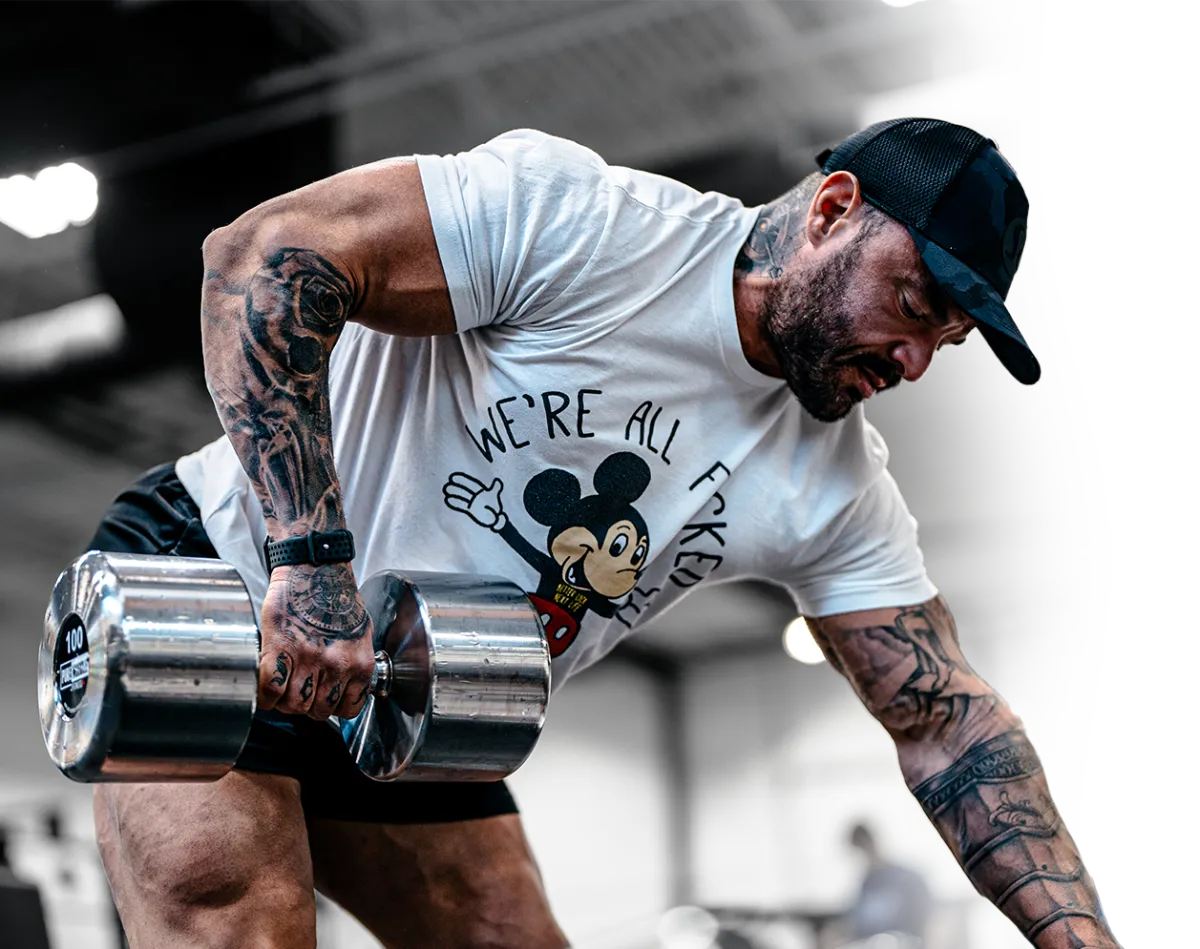
Coaches Corner PhD
